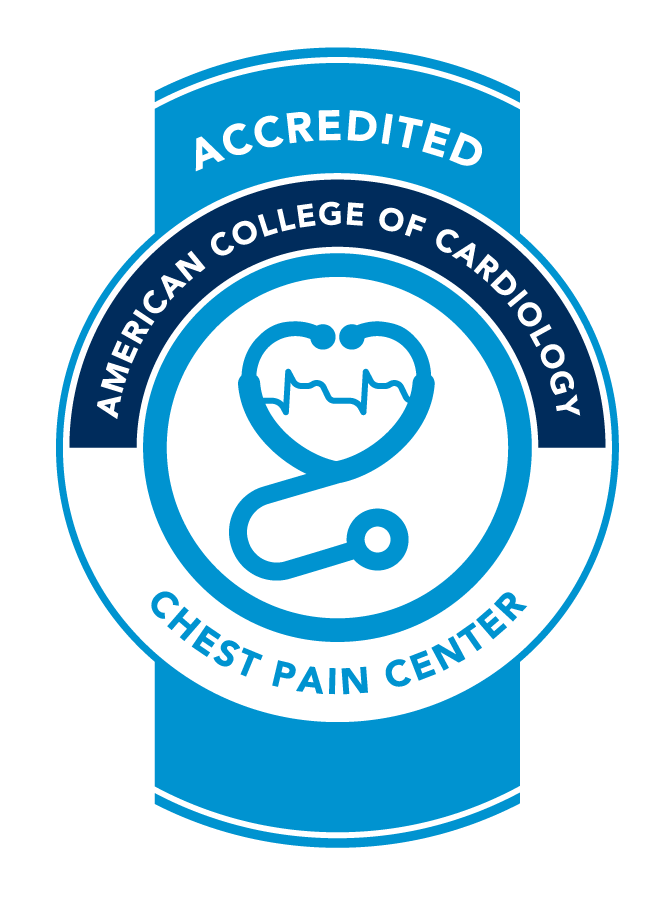Skip to site content
That’s why we’re here.
We offer cardiology experience and expertise, provide consistent, compassionate care for every patient, and continually seek to improve processes and procedures to ensure the most up-to-date, evidence-based care.
 Clinton Memorial Hospital has received Chest Pain Center accreditation from the American College of Cardiology, which means we have successfully integrated evidence-based science, quality initiatives, clinical best practices, and the latest medical guidelines into our cardiovascular care. And that means better outcomes for our patients.
Clinton Memorial Hospital has received Chest Pain Center accreditation from the American College of Cardiology, which means we have successfully integrated evidence-based science, quality initiatives, clinical best practices, and the latest medical guidelines into our cardiovascular care. And that means better outcomes for our patients.
Blood pressure, cholesterol, family history and other factors all play an important role in keeping your heart healthy. If you have questions about your heart health, start with a heart health assessment. Learn more about the risks you may have for heart-related conditions.

Electrodiagnostic testing is the process of using electrical technology to track biological function and identify any abnormalities. Cardio electrodiagnostic exams include stress tests, electrocardiograms (EKG), echocardiograms and electromyograms. Electrodiagnostic testing is non-invasive, and you should experience little to no discomfort.
Echocardiogram involves using sound waves to create real-time imaging of the heart muscle. Depending on the echocardiography ordered by the physician, dyes and saline may be inserted intravenously to provide contrast during the imaging. Echocardiograms are non-invasive and painless. You should expect the procedure to be no different than a routine ultrasound.
Also called a nuclear stress test, the myocardial perfusion imaging screening involves capturing recordings of the heart’s blood flow during strenuous activity. The beginning of the test involves attaching you to an IV line. You will then participate in monitored exercise until peak activity level has been reached. Once the heart rate is in the desired range, the radioactive medicine will be inserted through the IV into your bloodstream. Then, a specialized camera will take photos of your heart, made visible by nuclear medicine. The process usually takes no more than an hour and is non-invasive. Other than some exercise discomfort or fatigue, you should expect a pain-free experience.
The Holter Monitor tracks electronic signals of the heart during a one-to-two-day period. You will be properly fitted to the monitor and instructed on information to record during the testing period. The cardiologist will be able to access the history of recordings to identify any abnormalities that require further testing.
Talk to your primary care provider to get a referral for any of these services. If you need a primary care provider, find one here or call 937.382.9606.
Pay attention to your body and call 9-1-1 or have someone take you to the Emergency Room immediately if you experience any of these heart attack warning signs.
When the time comes to save someone’s life, will you BE READY? Learn how.